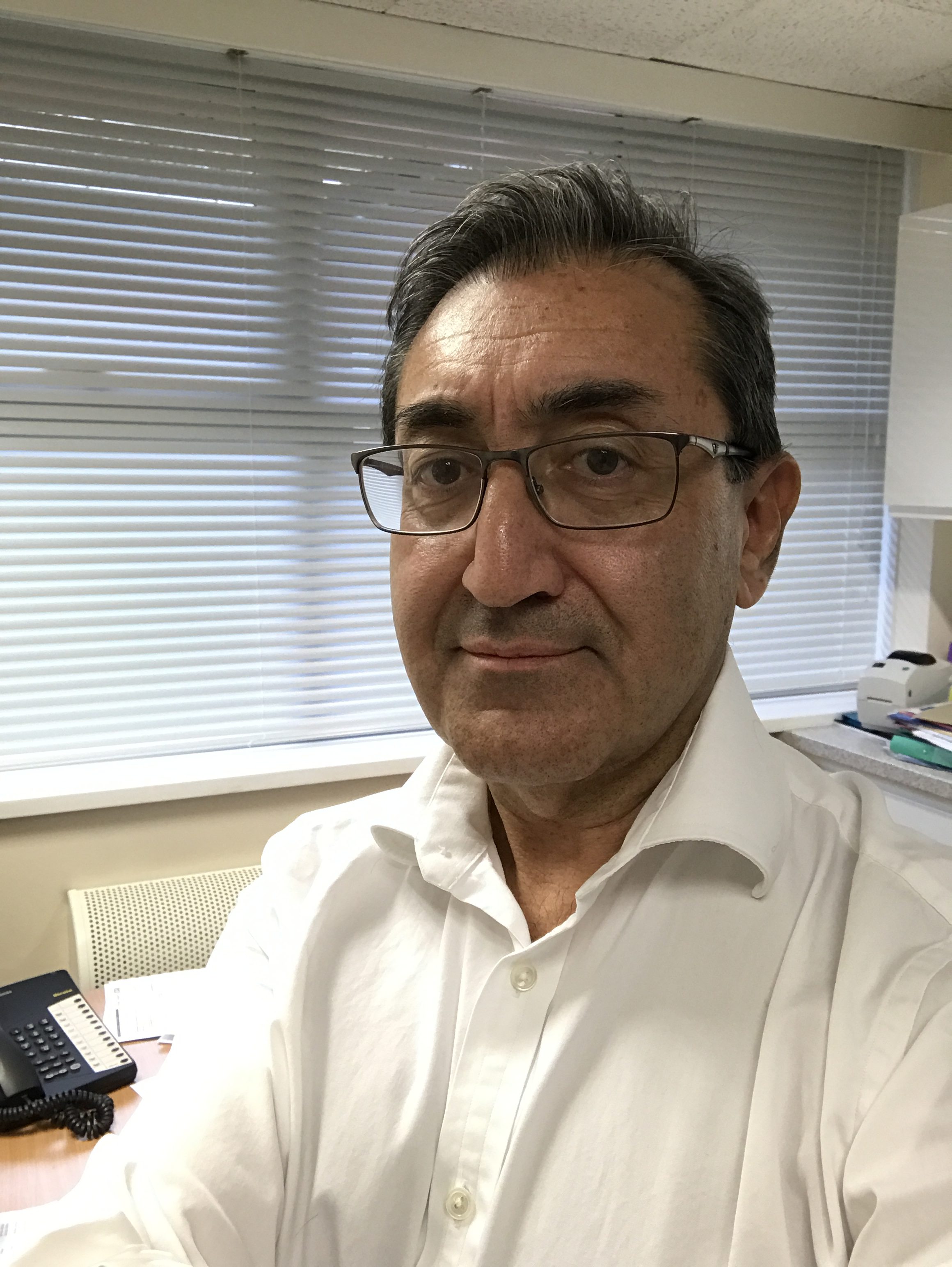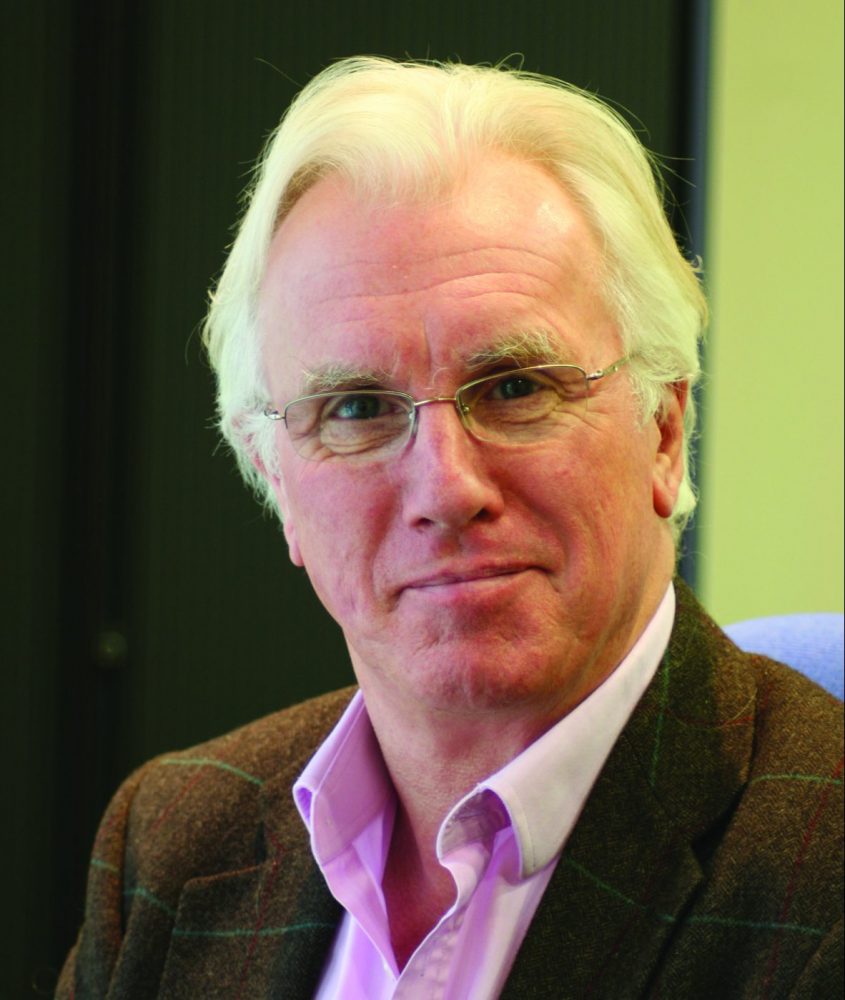SIMON STEVENS AT THE NAPC
 As well as signalling the end for QOF, the keynote speech at the National Association of Primary Care by Simon Stevens, chief executive of NHS, was a ringing endorsement of his strong support for general practice. Newly and handsomely bearded, Stevens confirmed that this new investment in general practice of £2.4 billion will be made by 2020, and encouraged the audience to “rattle the cage” to make sure that the promises made for additional funding for primary care are honoured in the CCGs’ investment plans and in the Sustainability and Transformation Plans, which are currently being written.
As well as signalling the end for QOF, the keynote speech at the National Association of Primary Care by Simon Stevens, chief executive of NHS, was a ringing endorsement of his strong support for general practice. Newly and handsomely bearded, Stevens confirmed that this new investment in general practice of £2.4 billion will be made by 2020, and encouraged the audience to “rattle the cage” to make sure that the promises made for additional funding for primary care are honoured in the CCGs’ investment plans and in the Sustainability and Transformation Plans, which are currently being written.
It seems to me that Stevens has “got” general practice for some time – he repeated the now-apocryphal quote from a BMJ editorial: “If general practice fails, the NHS fails” – and, according to him, the Department of Health has got it too. They have moved from denial, through acknowledgement, to the “action stage”. He went on to give a very upbeat assessment of the range of interventions that are currently being made to turn the service around – in a nice analogy he suggested that general practice is not an oil tanker, but a flotilla.
First of all recruitment – and he reported early signs of positive effects of programmes of work being undertaken in the medical schools to encourage students and medical graduates to see general practice as an attractive career choice. There will be an additional 1500 medical students in UK medical schools before long, and the challenge of keeping general practice teaching and departments of primary care on their radar is not inconsiderable.
Stevens also thought that there were some early signs of improvement in the numbers of returners to general practice, and recognised that for them, as well as for other GPs, such as those working in out of hours services, medical indemnity costs were proving significant barriers. He announced, in the speech, that £5 million or “whatever it takes” will be made available so that GPs are not “on the hook” when wishing to work at night and weekends.
He is very keen on expanding the non-clinical, non-traditional workforce in primary care. He reported that 485 clinical pharmacists are now working in the NHS, with 500 more planned each year for the next three years. There is funding for 3000 more mental health therapists, and 22 areas are already benefiting from this additional resource. He strongly endorsed the importance of practice nurses, practice managers and receptionists, and the importance of providing resources for external training and support for them.
He described the “Time to Care” programme, including 10 changes that can make a real difference to practices, such as dealing with the delays and costs associated with continued re-referring of patients between primary and secondary care. He also reported that over 800 vulnerable practices have been involved in the BMA/RCGP practice resilience program, and also recognised the importance of improving the built environment for general practice. He said that 560 practice improvement schemes have been completed, as part of the GP Infrastructure Scheme, with 316 in train, and 300 more announced on the day of his speech.
The Primary Care Home was a strong theme of the entire conference, and was touched on by Stevens, the report that this concept is being developed in 77 locations, where it may be possible to square the circle between this type of base general practice and the need to work at scale.
And it’s true – Stevens did say that this is the end of the road for QOF, which he said was “now nearing the end of its useful life”, and had descended into a box ticking exercise. New voluntary contracts are being developed as alternatives to current pay for performance arrangements.
Stevens was remarkably candid during an extended question and answer period. He was asked when the government would wake up to the need to charge patients to see their GP, and he replied that this was not what the country wants, and he had no intention of introducing charges. He was pressed by a GP registrar on how general practice was going to become a more attractive career option and by me on how he might turn the tide of early retirement, which is contributing to the workforce crisis. The answer to both is, of course, to be positive about the important role that general practice is going to play in the NHS of the future, the new opportunities for developing new ways of working, and achieving a better balance between work, family life and leisure. He also acknowledged that in important disease areas such as cancer and cardiovascular disease the NHS does not perform well in comparison with many OECD health systems, and recognised that much more will need to be done about early cancer diagnosis and cardiovascular prevention and disease management. Let’s hope that the oil tanker/flotilla analogy works, and it is possible to see some early “quick wins” in time to turn the tide.










Thanks for this report, nice to hear something positive for a change!